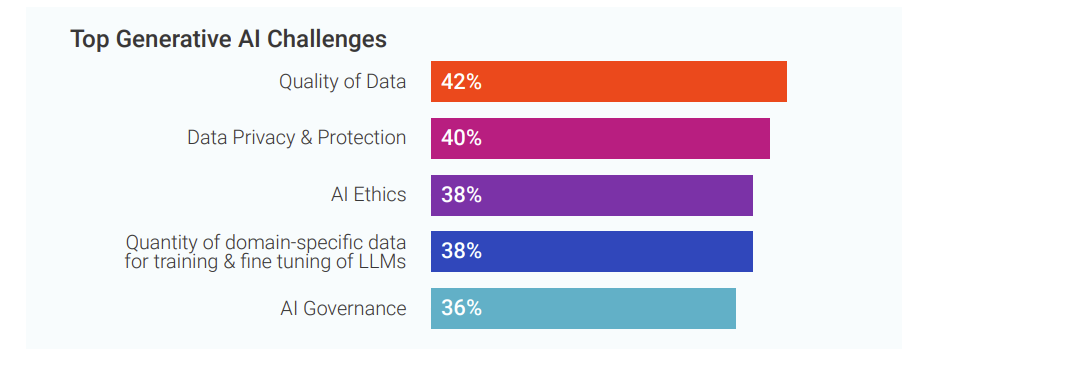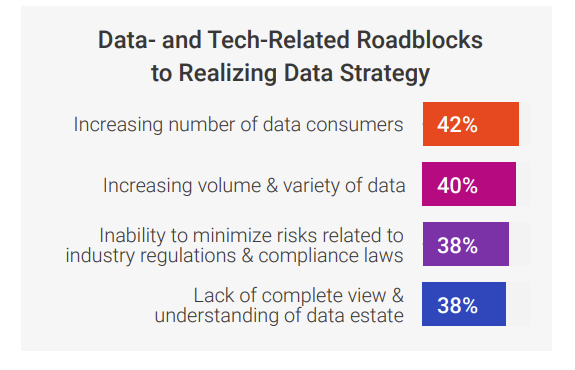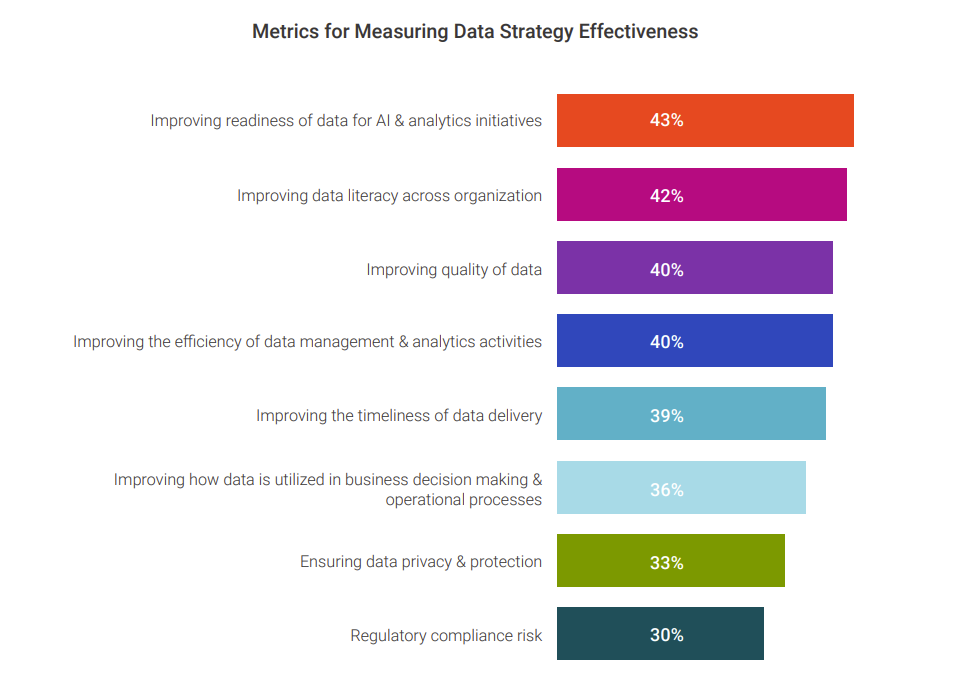Data leaders bullish on generative AI, but multiple challenges remain, says Informatica
Enterprises are racing to incorporate generative AI into business processes and 45% of chief digital officers say they already have, according to an Informatica survey. However, quality of data was the biggest obstacle for 42% of respondents.
The Informatica survey, based on 600 data leaders from companies with more than $500 million in revenue, revealed that 78% of data leaders expect their enterprises to increase budgets for data management. Informatica noted that 33% of respondents expect significant investments in data management.
These finding align with Constellation Research's take that enterprises will have to invest in data management, architecture and quality to drive generative AI return on investment. There's also the reality that companies may not have enough data to make generative AI work. What remains to be seen is what data drives the most returns with generative AI.
- The immovable opacity of AI meets the irresistible force of privacy
- Trust In The Age of AI
- Return on Transformation Investments (RTI)
- Here's why generative AI disillusionment is brewing
- BT150 CXO zeitgeist: AI trust, AI pilots to projects
Indeed, Informatica's survey said 41% of respondents already struggle with more than 1,000 sources of data.

From the report:
"As a result, AI, its challenges and data quality are all rising on data leaders' list of priorities for the year ahead.
Top data strategy priorities for 2024 include delivering reliable and consistent data fit for generative AI (39%), improving data-driven culture and data literacy (39%), and improving governance over data and data processes (38%). These priorities all highlight the need to push beyond implementing and toward maximizing AI’s efficacy and making the most of their investments—a point made even more clear by the 43% using AI readiness as a top metric for measuring their data strategy effectiveness."
Constellation ShortListâ„¢ Artificial Intelligence and Machine Learning Cloud Platforms | Get ready for a parade of domain specific LLMs | Trust In The Age of AI | How much generative AI model choice is too much?
The report had a series of notable findings. Here's a look:
 51% are evaluating or planning to evaluate open-source LLMs and 48% are planning to implement retrieval-augmented generation (RAG) with LLMs.
51% are evaluating or planning to evaluate open-source LLMs and 48% are planning to implement retrieval-augmented generation (RAG) with LLMs.- 44% of data leaders are considering fine-tuning public LLMs and 43% are planning on customizing them.
- 99% of respondents adopting or planning to adopt generative AI have encountered challenges.
- 73% of those implementing or planning to implement generative AI plan to use the technology to deliver faster insights to data.
- 66% are looking to generative AI to drive productivity with automation and augmentation.
- 48% of data leaders said AI and machine learning were key areas for reskilling and upskilling. 44% said data analytics and visualization was an opportunity for reskilling.


